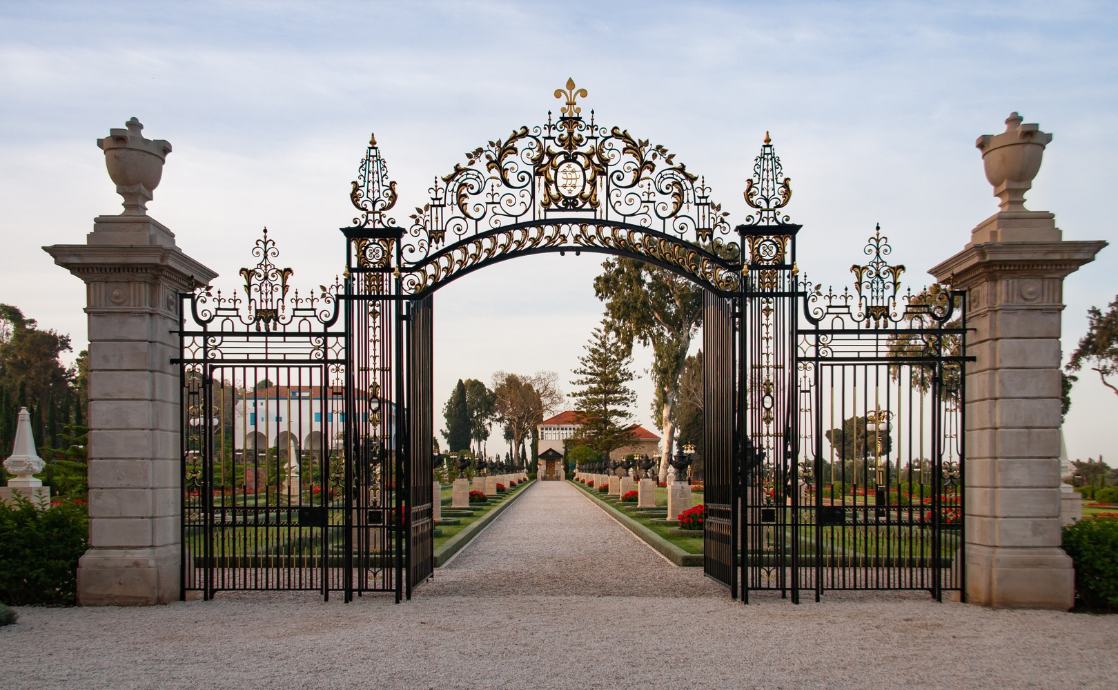The views expressed in our content reflect individual perspectives and do not represent the authoritative views of the Baha'i Faith.
You can count the major world religions – those that extended their lifespan and geography and influence long past the passing of their founders – on two hands.
Here’s a short list:
- Hinduism, which has lasted for thousands of years;
- Judaism, the oldest of the Abrahamic Faiths;
- Buddhism, the largest religion from the global East;
- Zoroastrianism, which has receded recently but once thrived;
- Christianity, today the world’s largest and most widespread religion;
- Islam, now thirteen centuries old and still growing; and
- the Baha’i Faith, only a hundred and eighty years old, but now the second-most widespread religion on Earth.
Of course there are more Faiths than these — many more — but this group represents those religions that succeeded globally, transcended their cultural and geographic origins, spread among many cultures, and generated huge numbers of followers after the passing of their prophets.
Each one of these Faiths has survived the test of time.
They have all spread beyond their point of origin. They have all developed institutions. They each have a rich written history. All of them have attracted millions of followers in diverse places and from varying backgrounds.
RELATED: Reading the Great Spiritual Teachings – of Every Faith
Together, they count almost 80 per cent of the world’s population as supporters, adherents, and believers.
When their founders passed into the next world, often as a result of the violent opposition their radical teachings first generated among the prevailing cultures they appeared in, the Faiths they created typically struggled to stay alive.
Persecuted, misunderstood, exiled, tortured, and imprisoned, the early Jews and Buddhists and Christians and Muslims and Baha’is suffered tremendously and died in large numbers for their beliefs. Entire governments and clerical orders tried to exterminate them. Cast out of their societies, they wondered, in their weakest moments, if their new Faiths would survive the onslaught of persecution and hatred they faced.
That same dynamic applied when the founder of the Baha’i Faith, Baha’u’llah, passed away in 1892.
Baha’u’llah, repeatedly persecuted, exiled, jailed, and tortured for his progressive teachings; forced out of Persia by its government and clergy and successively banished to Baghdad in 1852; then from Baghdad to Constantinople in 1863; then to Edirne (now Istanbul) in 1867; and finally to the prison-city of Akka in Palestine (now Israel) later in 1867; ultimately spent forty years as a prisoner of conscience. He committed no crime, but suffered tremendously for teaching a new Faith with new, progressive principles: the independent investigation of truth, the unity of all religions, the oneness of God and humanity, the equality of men and women, the agreement of science and religion, the establishment of a universal auxiliary language, and a global system of democratic governance that would establish and enforce a worldwide peace.
Those challenging ideas caused the Persian and Ottoman authorities to subject Baha’u’llah to four decades of cruel and unusual punishment. Baha’u’llah’s new Faith boldly challenged the orthodoxies and the power structures and the endemic corruption of the existing governmental, social, and religious orders across the planet.
The Baha’i teachings tell us that Baha’u’llah underwent this terrible treatment, like all the prophets and messengers of God have undergone persecution, as a sacrifice for all humanity. In an address he gave in New York City in 1912, Abdu’l-Baha explained that Baha’u’llah:
… bore all these ordeals and calamities in order that our hearts might become enkindled and radiant, our spirits be glorified, our faults become virtues, our ignorance be transformed into knowledge; in order that we might attain the real fruits of humanity and acquire heavenly graces; in order that, although pilgrims upon earth, we should travel the road of the heavenly Kingdom, and, although needy and poor, we might receive the treasures of eternal life. For this has He borne these difficulties and sorrows.
Baha’is in some parts of the world still suffer from religious persecution – but that kind of pressure can never deter strong inner spiritual convictions. Despite continuing government-sponsored campaigns aimed at Baha’is, and despite the passing of Baha’u’llah, the Baha’i Faith continues to grow, develop, and prosper across the planet.
RELATED: What Do the Prophets Know, and How Do They Know It?
Baha’u’llah’s teachings emphasize peace, unity and harmony among all people. They have inspired millions around the world, and the Faith that Baha’u’llah revealed so long ago has joined the pantheon of the world’s major Faiths as a result.
Tonight at 3:00 a.m. Baha’is around the world will observe and commemorate the anniversary of the passing of Baha’u’llah. In those solemn and prayerful occasions, filled with meditative contemplation, Baha’is everywhere will reflect on the powerful teachings of this relatively new global Faith and remember the extreme sacrifices it required to bring its message of unity to humanity. Baha’u’llah said “The best-beloved of all things in my sight is justice …” Baha’is and their friends will remember that powerful injunction when they gather to commemorate Baha’u’llah’s passing. In memory of Baha’u’llah, and to honor his revelation’s new teachings, Baha’is urge all humanity to advocate for all those who suffer injustice.
















Comments
Sign in or create an account
Continue with Googleor